Modern workplaces can be different from what we imagine classic offices to be. Nowadays, companies try to make the employee experience more fun and engaging. It’s no longer about clocking in and out and slaving away in a claustrophobic 6′ x 6′ cubicle. Unfortunately, sometimes, the attempts to stand out as a company might come across as pretty cringy. Most of us love animals, right? What if companies started offering to sponsor sheep in place of a pay raise? A woman from Berlin shared how this exact thing happened to her at her previous workplace. Other people started sharing their stories of the ridiculous things their companies have offered them instead of a pay raise, and after reading them, it’s no surprise some of them feel traumatized. Nowadays, companies come up with pretty inventive ways to act like they’re giving employees a raise, but they’re not really Image credits: ANTONI SHKRABA production (not the actual image) This woman shared a ridiculous offer her previous workplace made after she asked for a pay raise Image credits: jules.bau “This is the most ridiculous thing that a company has offered me instead of a pay raise. Get ready. This is my favorite story ever. I’m currently unemployed, and I’ve been traumatized to the point where needless to say, I don’t want to work anymore.” Image credits: jules.bau “So I used to work at a startup in Berlin for about a year. My contract was coming to an end and, unfortunately, I was severely underpaid and extremely overworked. So obviously, I went in to discuss a new contract with a little bit of an upgraded salary.” Image credits: jules.bau “They were then telling me, ‘No, we’re so sorry, Jules. There’s no way we can pay you any more money.'” Image credits: jules.bau Image credits: jules.bau “But, you know, you get free coffee and free fruit. You have a great team.” This won’t pay my bills, you know, so I’m gonna need a little something something.” Image credits: jules.bau “So then they go, ‘Oh, but Jules, you love animals. How about we pay for you to be the sponsor of a sheep!’ It even has my name, look.” Image credits: jules.bau “Is she cute? Yes. She’s precious. Does she pay my bills? Absolutely not. Did I leave that company? Yes, obviously. Know your worth, people.” Image credits: jules.bau “There is no way… But am I the only one out there that has had this experience? Please tell me it cannot be. But yeah, I really should go visit her.” Image credits: jules.bau @jules.bau Not even joking 🙃 #fyp #relatable #unemployed #laughsowedontcry #workstories #stillnotoverit @jules.bau @jules.bau @jules.bau ♬ original sound – jules.bau Surprisingly, many people would choose employee benefits over getting a pay raise After watching Julia’s experience and reading other people’s stories, it might seem that people really value earning more money over company benefits. However, surveys show that’s not actually true. When the perks and benefits make sense, employees would much rather have them. Staples employees, for example, say that they’d rather have a lower salary but better workplace perks. 62,3% of the surveyed employees claimed perks motivate them more than a salary increase. Only 37.7% preferred to get higher pay. The 2015 Employment Confidence Survey by Glassdoor also revealed that perks and benefits make a big difference for 60% of people when choosing a job. That same survey also found that 80% of employees would choose additional benefits over a salary increase. What are these benefits and perks that people would rather have? The most popular among all the respondents were better healthcare and dental plans. People also said they would consider perks such as more vacation time or more flexible hours over a pay raise. Childcare assistance, on-site daycare, and paid parental leave were the least popular perks among Staples employees and the ones interviewed for the Glassdoor survey. A 2017 Fractl survey showed that people would give less consideration to perks like team bonding events, weekly employee outings, and an on-site gym. Surely, free coffee and snacks won’t help you with paying your bills. That’s why people would rather have something that could help them with their work-life balance or that could give them a chance to take better care of their physical and mental health. Image credits: Karolina Grabowska (not the actual image) Outrageous company perks might be a thing of the past Some of the world’s biggest companies have offered some really questionable benefits. Google is particularly famous for its over-the-top perks, such as lunches made by a professional chef, bi-weekly massages, yoga classes, and haircuts. Facebook, for example, offers its employees three free meals a day. That’s only one perk among others, such as a rooftop nature park. The World Wildlife Fund has a pretty fun-sounding perk – Panda Fridays. Although it’s not clear what exactly pandas have to do with it, it’s just a paid day off every other week. Perhaps it’s that employees can laze around just like pandas do all day, every day? Twitter (X) also had some pretty interesting benefits for its employees until Elon Musk took over. The employees used to enjoy three catered meals a day, on-site acupuncture, and improv classes. Right after he took over, Musk discontinued anything that had to do with “wellness,” “productivity,” and “new-hire productivity,” as well as most team activities. Most companies are getting rid of unnecessary and dumb work perks. The biggest increase in interest is in physical and mental health perks. Google, for example, is using technology: the app gPause and the peer-to-peer platform Blue Dot. Similarly, Skyscanner offers access to the app Headspace and allows employees to take time off the day to focus on themselves. Fintech company Revolut is doing something similar. They’re also giving extra time off for their employees – mental health days. “It’s a lot harder for people in the business to switch off when they’re working from home; they can’t disconnect,” their spokesperson told WIRED. “People can take these [days] on top of their holidays to completely switch off.” Image credits: Andrea Piacquadio (not the actual image) Many other people had similar experiences and weren’t shy to share them as well Some people could only laugh, and others expressed worry and disappointment at this trend The post Folks Share Hilariously Absurd Things Companies Gave Them Instead Of Money In Response To A Video first appeared on Bored Panda.Folks Share Hilariously Absurd Things Companies Gave Them Instead Of Money In Response To A Video
Modern workplaces can be different from what we imagine classic offices to be. Nowadays, companies try to make the employee experience more fun and engaging. It’s no longer about clocking in and out and slaving away in a claustrophobic 6′ x 6′ cubicle. Unfortunately, sometimes, the attempts to stand out as a company might come across as pretty cringy.
Most of us love animals, right? What if companies started offering to sponsor sheep in place of a pay raise? A woman from Berlin shared how this exact thing happened to her at her previous workplace. Other people started sharing their stories of the ridiculous things their companies have offered them instead of a pay raise, and after reading them, it’s no surprise some of them feel traumatized.
Nowadays, companies come up with pretty inventive ways to act like they’re giving employees a raise, but they’re not really

Image credits: ANTONI SHKRABA production (not the actual image)
This woman shared a ridiculous offer her previous workplace made after she asked for a pay raise

Image credits: jules.bau
“This is the most ridiculous thing that a company has offered me instead of a pay raise. Get ready. This is my favorite story ever. I’m currently unemployed, and I’ve been traumatized to the point where needless to say, I don’t want to work anymore.”
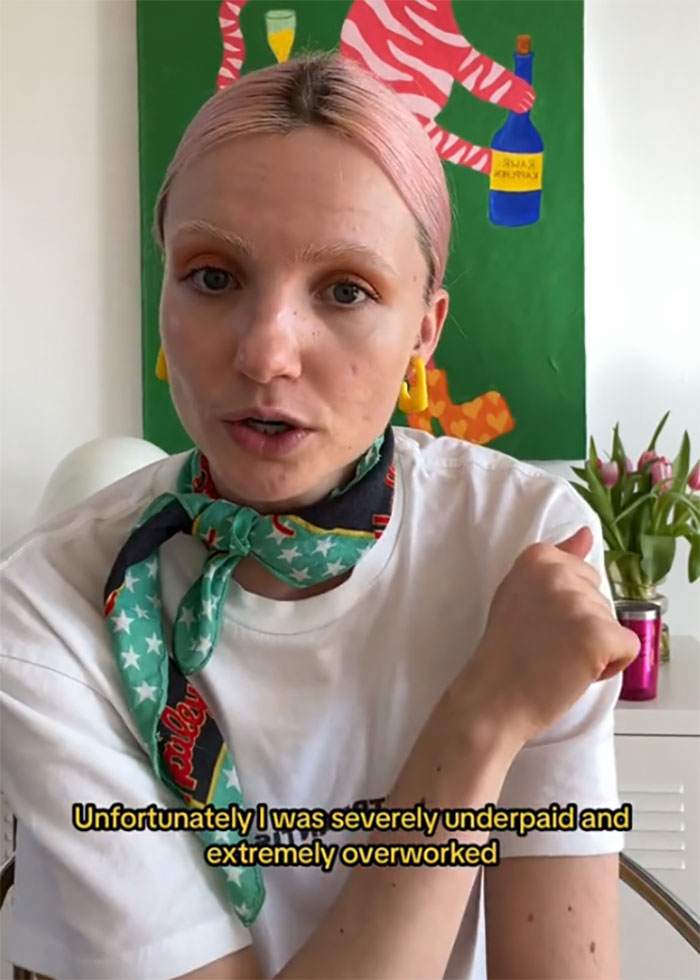
Image credits: jules.bau
“So I used to work at a startup in Berlin for about a year. My contract was coming to an end and, unfortunately, I was severely underpaid and extremely overworked. So obviously, I went in to discuss a new contract with a little bit of an upgraded salary.”
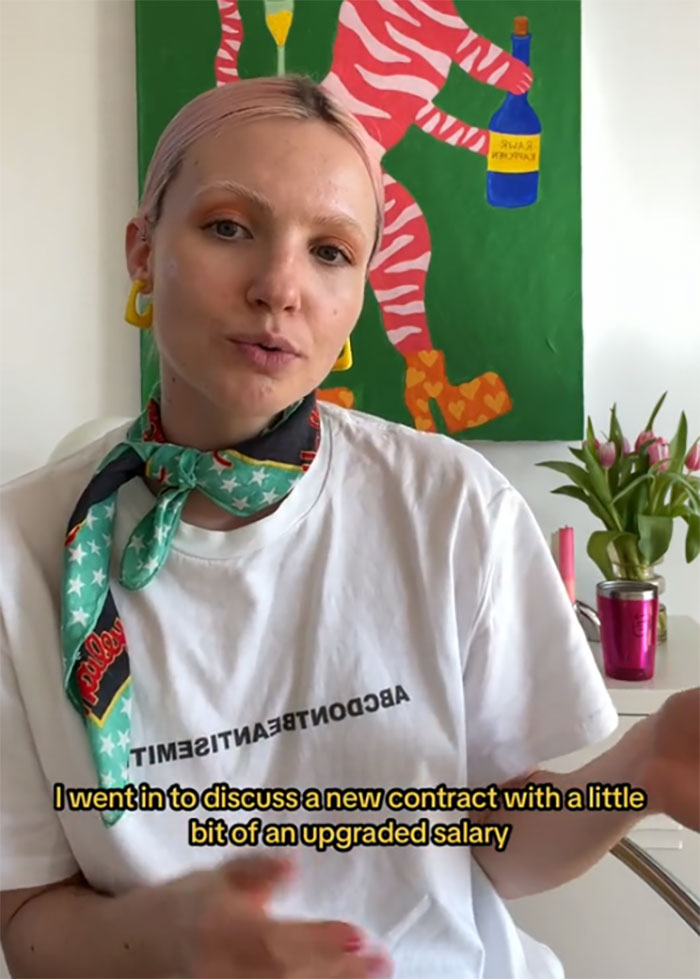
Image credits: jules.bau
“They were then telling me, ‘No, we’re so sorry, Jules. There’s no way we can pay you any more money.'”
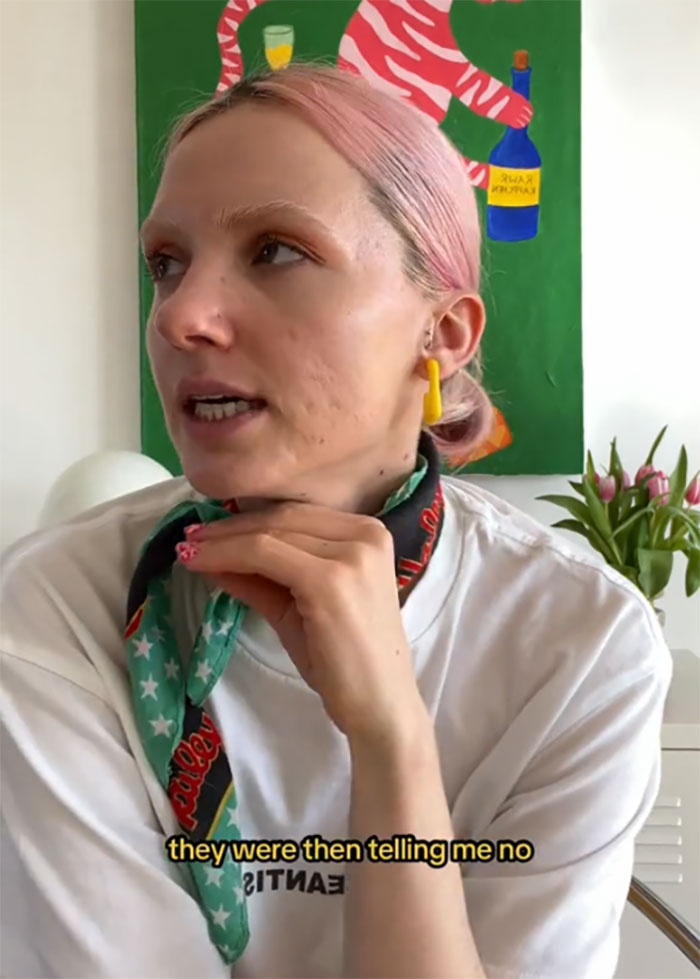
Image credits: jules.bau
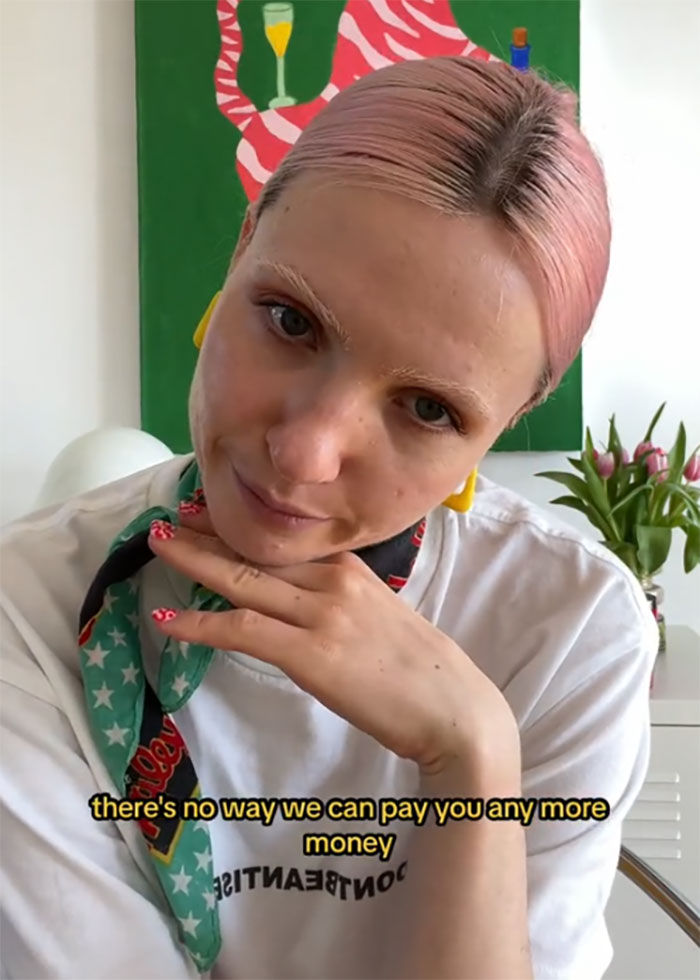
Image credits: jules.bau
“But, you know, you get free coffee and free fruit. You have a great team.” This won’t pay my bills, you know, so I’m gonna need a little something something.”
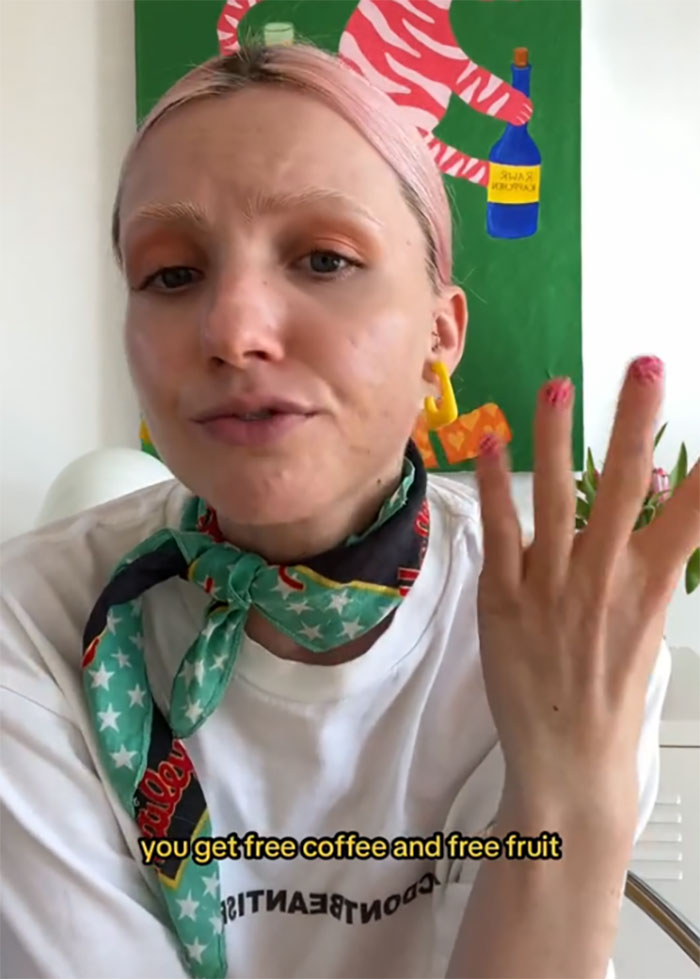
Image credits: jules.bau
“So then they go, ‘Oh, but Jules, you love animals. How about we pay for you to be the sponsor of a sheep!’ It even has my name, look.”

Image credits: jules.bau
“Is she cute? Yes. She’s precious. Does she pay my bills? Absolutely not. Did I leave that company? Yes, obviously. Know your worth, people.”

Image credits: jules.bau
“There is no way… But am I the only one out there that has had this experience? Please tell me it cannot be. But yeah, I really should go visit her.”

Image credits: jules.bau
@jules.bau Not even joking 🙃 #fyp #relatable #unemployed #laughsowedontcry #workstories #stillnotoverit @jules.bau @jules.bau @jules.bau ♬ original sound – jules.bau
Surprisingly, many people would choose employee benefits over getting a pay raise
After watching Julia’s experience and reading other people’s stories, it might seem that people really value earning more money over company benefits. However, surveys show that’s not actually true. When the perks and benefits make sense, employees would much rather have them.
Staples employees, for example, say that they’d rather have a lower salary but better workplace perks. 62,3% of the surveyed employees claimed perks motivate them more than a salary increase. Only 37.7% preferred to get higher pay.
The 2015 Employment Confidence Survey by Glassdoor also revealed that perks and benefits make a big difference for 60% of people when choosing a job. That same survey also found that 80% of employees would choose additional benefits over a salary increase.
What are these benefits and perks that people would rather have? The most popular among all the respondents were better healthcare and dental plans. People also said they would consider perks such as more vacation time or more flexible hours over a pay raise.
Childcare assistance, on-site daycare, and paid parental leave were the least popular perks among Staples employees and the ones interviewed for the Glassdoor survey. A 2017 Fractl survey showed that people would give less consideration to perks like team bonding events, weekly employee outings, and an on-site gym.
Surely, free coffee and snacks won’t help you with paying your bills. That’s why people would rather have something that could help them with their work-life balance or that could give them a chance to take better care of their physical and mental health.

Image credits: Karolina Grabowska (not the actual image)
Outrageous company perks might be a thing of the past
Some of the world’s biggest companies have offered some really questionable benefits. Google is particularly famous for its over-the-top perks, such as lunches made by a professional chef, bi-weekly massages, yoga classes, and haircuts. Facebook, for example, offers its employees three free meals a day. That’s only one perk among others, such as a rooftop nature park.
The World Wildlife Fund has a pretty fun-sounding perk – Panda Fridays. Although it’s not clear what exactly pandas have to do with it, it’s just a paid day off every other week. Perhaps it’s that employees can laze around just like pandas do all day, every day?
Twitter (X) also had some pretty interesting benefits for its employees until Elon Musk took over. The employees used to enjoy three catered meals a day, on-site acupuncture, and improv classes. Right after he took over, Musk discontinued anything that had to do with “wellness,” “productivity,” and “new-hire productivity,” as well as most team activities.
Most companies are getting rid of unnecessary and dumb work perks. The biggest increase in interest is in physical and mental health perks. Google, for example, is using technology: the app gPause and the peer-to-peer platform Blue Dot. Similarly, Skyscanner offers access to the app Headspace and allows employees to take time off the day to focus on themselves.
Fintech company Revolut is doing something similar. They’re also giving extra time off for their employees – mental health days. “It’s a lot harder for people in the business to switch off when they’re working from home; they can’t disconnect,” their spokesperson told WIRED. “People can take these [days] on top of their holidays to completely switch off.”

Image credits: Andrea Piacquadio (not the actual image)
Many other people had similar experiences and weren’t shy to share them as well
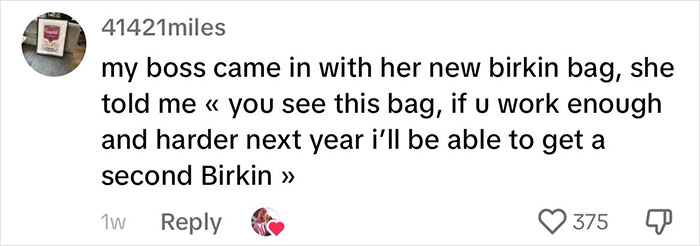
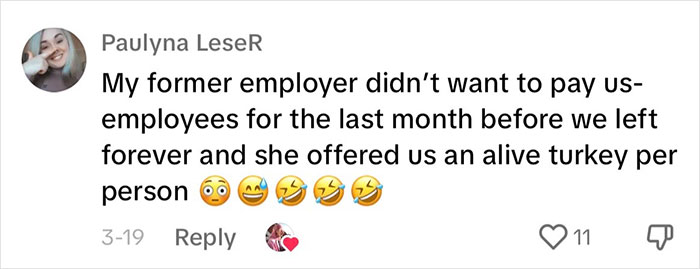


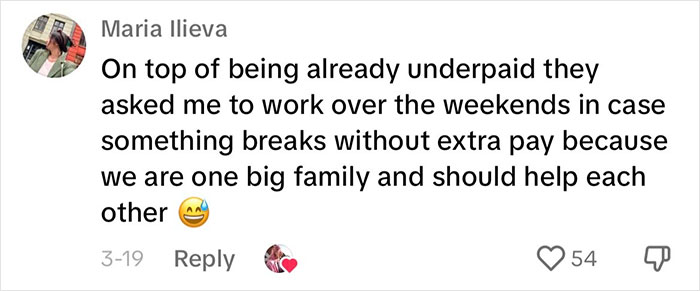
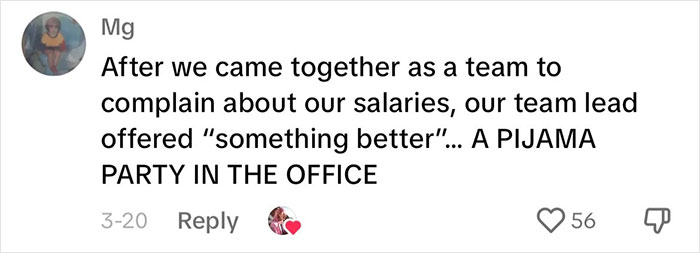
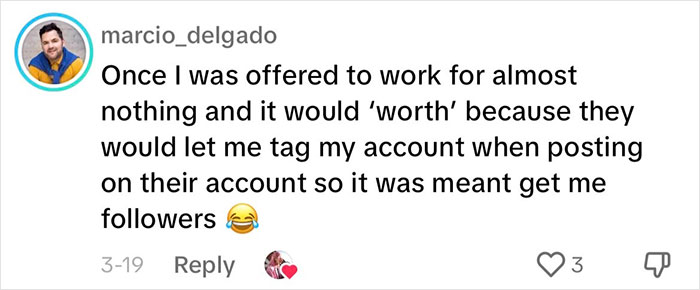



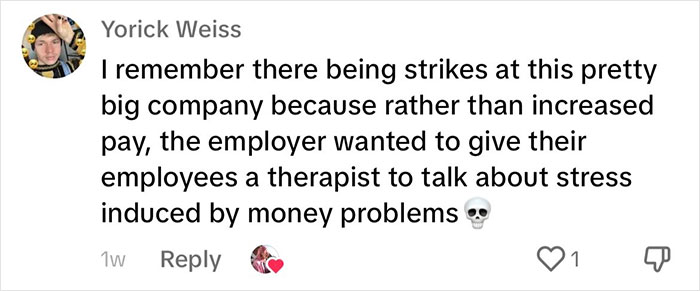

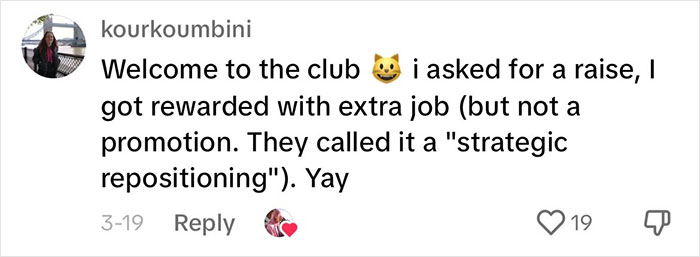
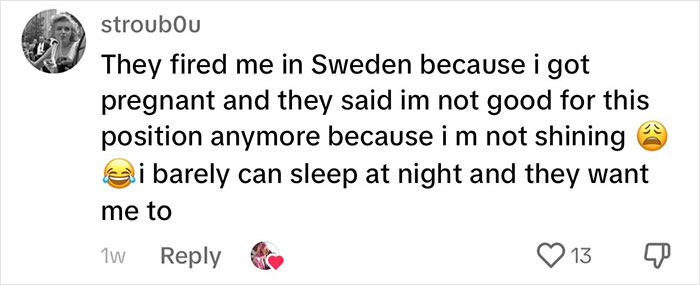
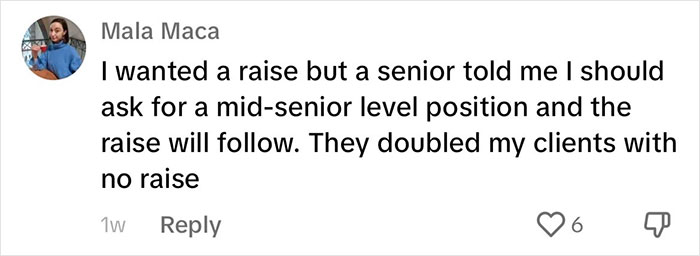

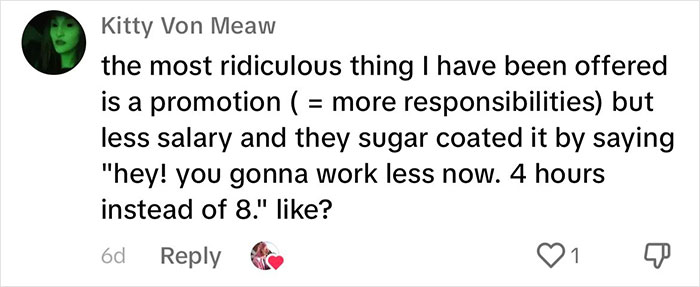

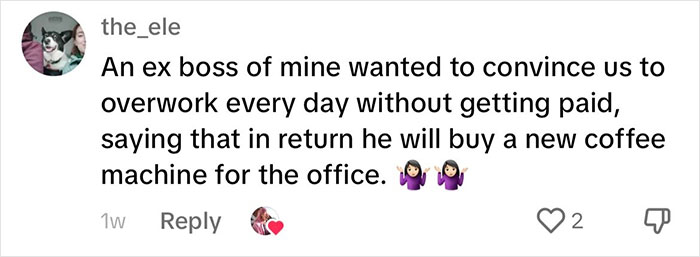
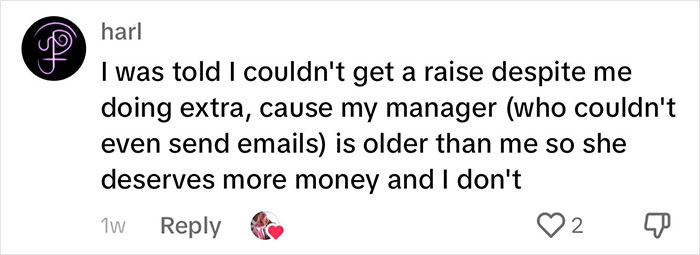
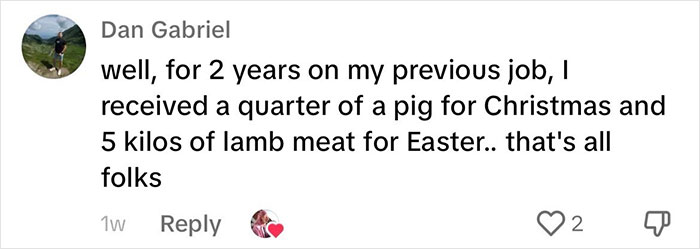
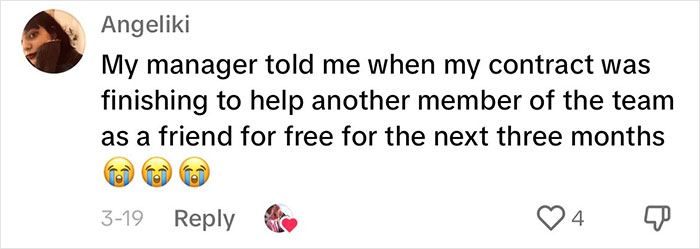
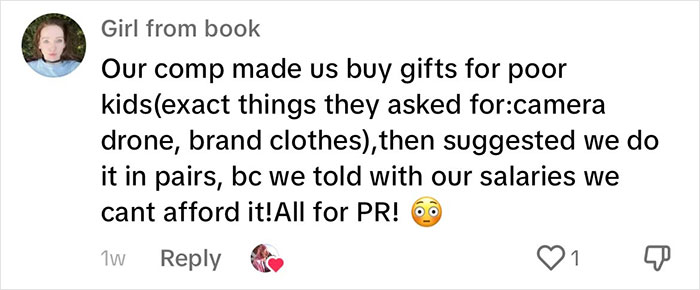

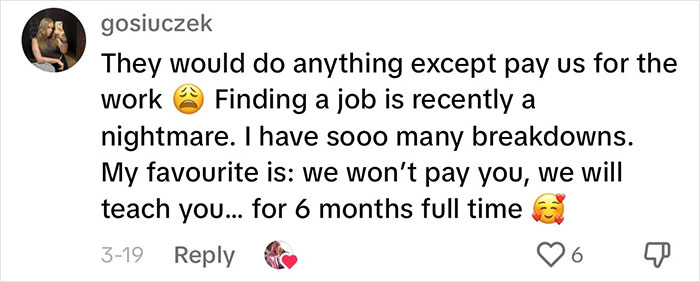
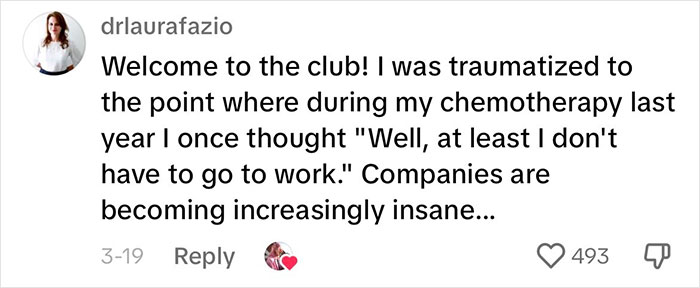
Some people could only laugh, and others expressed worry and disappointment at this trend







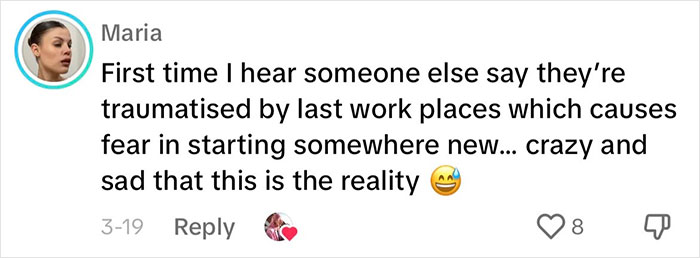



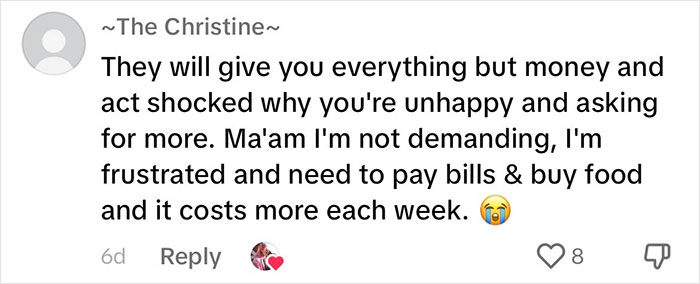
The post Folks Share Hilariously Absurd Things Companies Gave Them Instead Of Money In Response To A Video first appeared on Bored Panda.
from Bored Panda https://ift.tt/tSuhOVE




No comments: